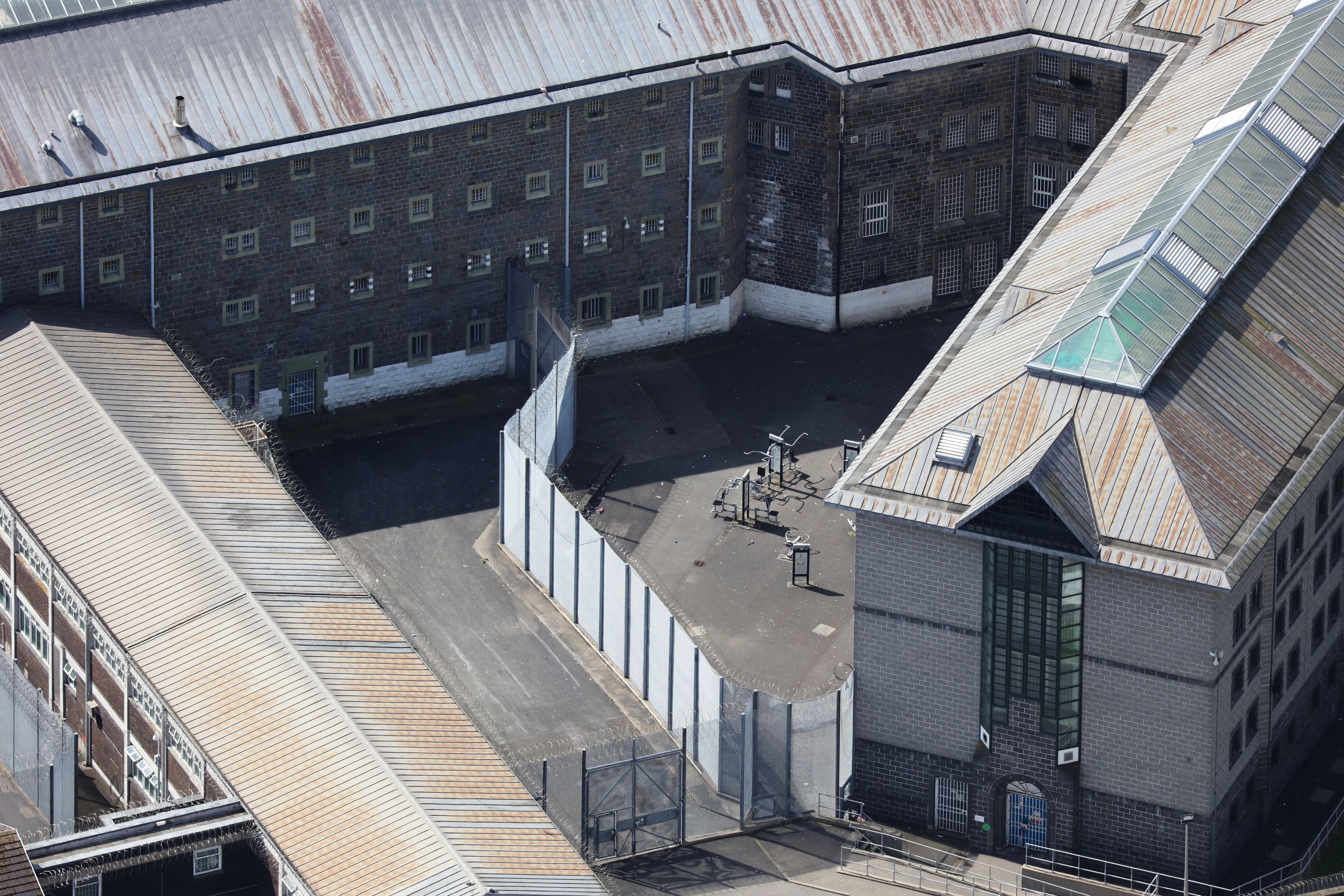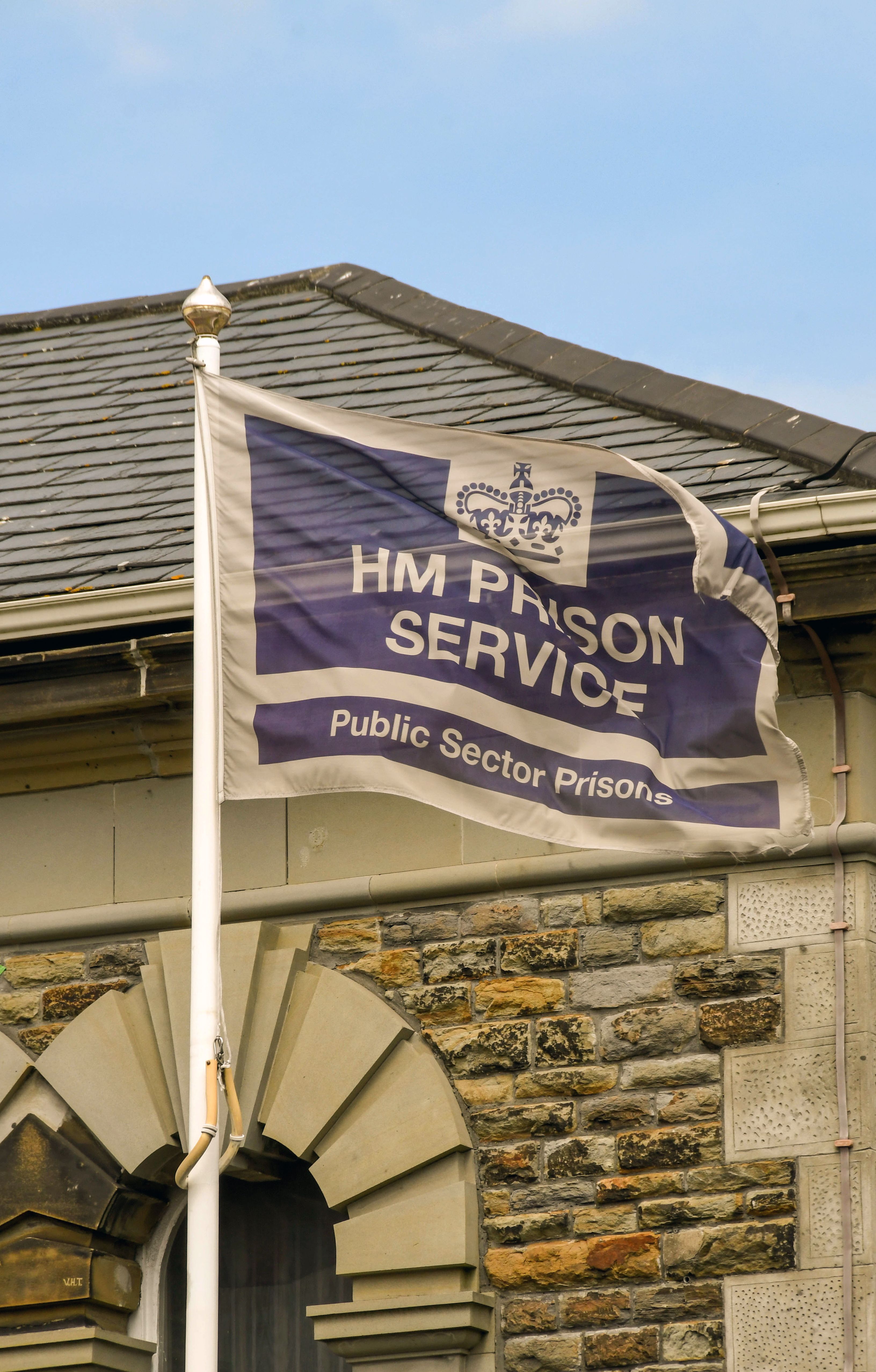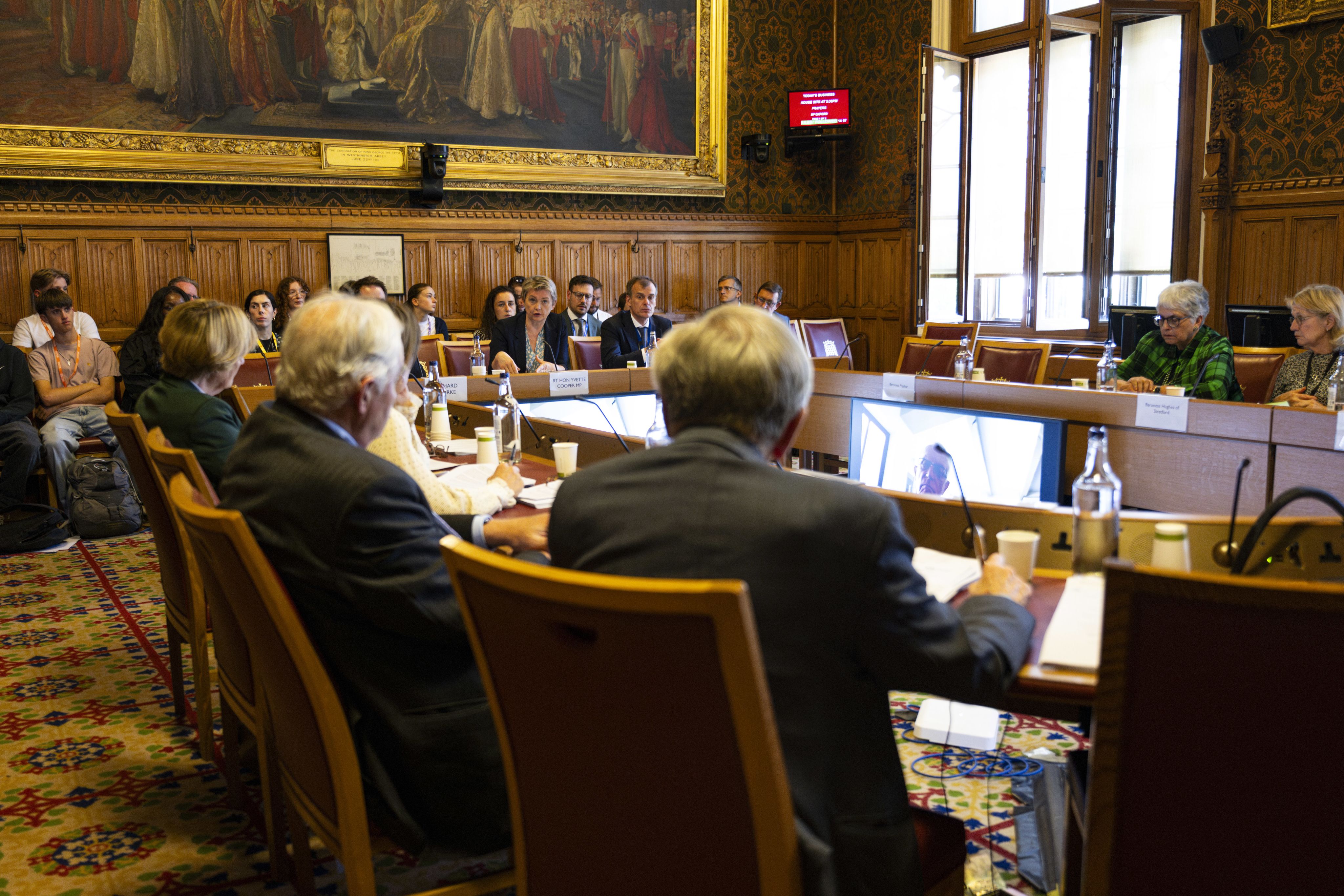Our prisons are in a state of crisis.
Four ways the Government can act to have better prisons and less crime

We have the highest imprisonment rate in Western Europe and it is only increasing. There are over 87,000 people in prison in England and Wales. This is almost double the prison population in 1993.
The economic and social cost of reoffending is estimated to be around £18 billion a year and is a major contributor to the size of the prison population.
We know that access to purposeful and productive activities makes prisons safer and reduces reoffending on release.
However, the current situation in our prisons hinders the provision of these activities, preventing prisoners from seeking support with mental health problems and addiction, or securing training and education opportunities that can prepare them for life outside.
Our prisons are currently operating in a state of crisis. They are overcrowded, often in bad and unsanitary condition, and face issues such as a shortage of funds, gangs operating with impunity, drones undermining security, an alarming availability of drugs and over-stretched, demoralised staff.
There is an urgent need for wider prison reform, not least to reduce reoffending. The Government is addressing some of the most urgent problems, and other Parliamentary Committees are scrutinising these actions. We have focused on the leadership, governance and staffing of prisons.
We argue that the Government must give a clear lead to ensure that prisons fulfil their primary purpose of preparing offenders for their release – in the hope that they will be able to lead stable and meaningful lives in future.
What is the purpose
of prisons?

“Rather than focusing on, ‘What do I need to do in order to change my life?’ it was more like, ‘You’re here to be punished and this is your punishment.’”
Prisons play a role in punishment, protecting the public, reducing reoffending, and preparing prisoners for lives outside. But there is lack of clarity about which of these should be given priority.
Our view is that being in prison is the punishment and once there, the focus should be on reducing reoffending.
The punishment is the deprivation of liberty. Beyond that, prisoners must be treated with dignity as human beings who are capable of change and deserving of the opportunity to rebuild their self-esteem and their lives.
“It is to punish people, to protect the public and to reduce reoffending. That is the key role.”
The Ministry of Justice should set out a clear and consistent statement of the purpose of prison, with reducing reoffending as central, and communicate it within the system, across government and to the wider public to build greater support for evidence-based approaches to reducing re-offending.
Four key areas the Government must act on
1. Prison governors
“Having a governor around makes a massive difference. It is like having a CEO or a boss: they set the culture and the standards within the prison.”
Governors have overall responsibility for their prisons, setting the vision, tone, and culture, and are responsible for safety, security, and day-to-day running.
Effective leadership is crucial for establishing the authority of prison officers and fostering mutual respect.
Governors are hindered by:
- an over-complicated and confusing management structure;
- excessive bureaucracy (preventing greater visibility both within their prison and among the local community);
- lack of autonomy;
- inadequate support and professional development opportunities;
- a lack of continuity (with governors frequently transferred between prisons); and
- inadequate sharing of good practice.
“The most positive prison cultures were where governors had a clear vision and objectives, which were well communicated to staff and prisoners.”
The Ministry of Justice should strike a better balance between governor autonomy and centralised control, ensuring that Governors have the necessary authority to lead effectively.

2. Prison staffing, recruitment and training
“Similar to the NHS … prison staff also need to be seen in the same regard … They have a very important job. If they do their job correctly, society runs better.”
The prison system faces a severe recruitment and retention crisis, with high turnover, low morale, and insufficient experienced staff.
We believe that the current training of prison officers is woefully inadequate. It does not sufficiently prepare officers for complex situations or address key areas like managing high-risk prisoners or mental health issues.
In-service training is lacking. This is in contrast to the two-year training programme offered to recruits in Norway.
“You would think that as a profession … it would have defined professional characteristics and that would set your training, assessment and career journey. In the absence of those, it is kind of up to prison officers what they decide to make of that.”
The Ministry of Justice should introduce more frequent and role-specific training for prison officers. Existing training for those working with women and children should be reviewed and lengthened.

3. Education and other services that prisons provide
“The options offered by the prisons are workshops, which are not necessarily helpful for your rehabilitation and do not give you skills that are useful on the outside.”
A substantial part of the prison population is not engaged in work or education, and for those who are, it is often only on a part-time basis.
This leads to boredom, self-harm, frustration, and increased violence.
“I have walked past too many classrooms and workshops with no one in them.”
Access to education is limited despite its proven positive impact on reoffending. While basic literacy and numeracy are prioritised, higher-level education is scarce.
Prisoners view many courses as a façade or a tick-box exercise. Access to skills training linked to labour market needs is also limited despite clear evidence of the effectiveness in reducing reoffending of programmes offering guaranteed employment pathways.
Providing purposeful activity is central to the Prison Service’s purpose of reducing reoffending. The Prison Service should take steps to improve access to a more diverse range of educational opportunities, and introduce a strategic approach to employment, linking work opportunities to labour market needs and providing transferable skills.

4. Improving accountability and oversight
The accountability mechanisms for prisons are poor. The data around prisons and prison performance is also poor.
His Majesty’s Inspectorate of Prisons (HMIP) are an independent inspectorate who oversee and regulate the safety and effectiveness of prisons. HMIP can make recommendations for improvement in areas where prisons are underperforming.
However, these recommendations have little impact and too often fail to be implemented. Other oversight mechanisms, such as Independent Monitoring Boards, have seen their power diminish over time, with complaints not able to be dealt with effectively.
“Increasingly, it has felt like the Chief Inspector has been reduced to ringing an alarm bell that has no clapper in it and does not make any sound.”
The inspectorate must be given enhanced powers, with the ability to place prisons in special measures and require reports from prisons and HMPPS on actions taken in relation to recommendations.
What happens next?

We have made our recommendations to the Government and it now has two months to respond to our report.
Read the full report on our website.
Find out more about our inquiry and our committee.
Follow the committee @LordsJHACom.
Cover image: Tom Falcon Harding - stock.adobe.com